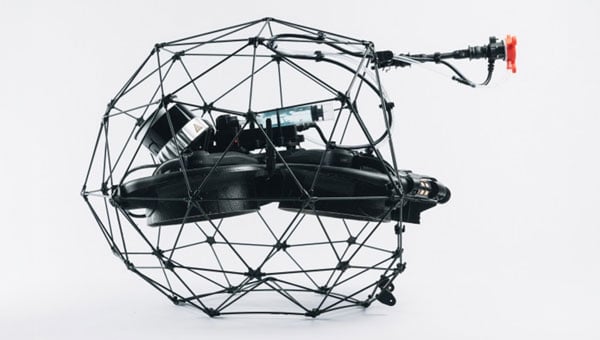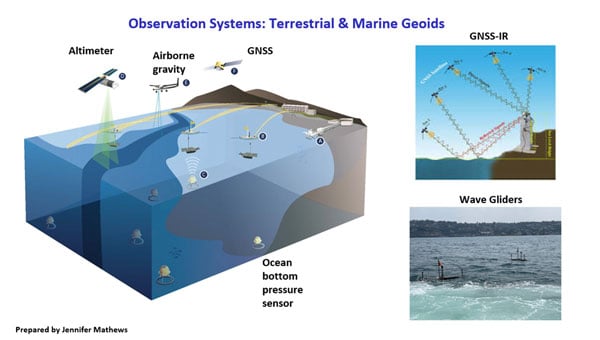World Domination: The Sequel

Perhaps we should call this The Interquel rather than The Sequel, as the latter will take place September 23 in Portland, Oregon, during the ION GNSS 2010 Conference.
In January, 12 brave individuals joined me in San Diego to see if this thing would work at all. It did! The exercise revealed many adjustments needed to the game, but overall, a successful role-playing, negotiation game grounded in the workings of GNSS.
The rules are briefly recounted in an earlier blog, and to large extent, they will remain unchanged for the full-on game, to be played by 12 teams of 9 people each in Portland. It’s mostly the metrics that need some tinkering, a few of the quantities that govern exchange, and renewal of each team’s resources at the end of each quarter.
Here are each team’s goals over three quarters of play, and the points that they actually racked up. User communities could purchase receivers for as many signals as were “on the air,” from any national satellite system. Interoperability rules!
GPS System Operator Goals: 40 satellites, 3 global signals Achieved: 45 satellites, 3 global (civil) signals
U.S. GPS/GNSS Industry Goals:$750 million Achieved:$1.55 billion
U.S. User Community Goals 100 million 3-frequency receivers, 100 million 4-frequency receivers Achieved: 50 million 3-frequency receivers, 100 million 4-frequency receivers
Galileo System Operator Goals:30 satellites, 2 global signals Achieved:35 satellites, 2 global civil signals
European GNSS Industry Goals: $750 million Achieved: $1.25 billion
European User Community Goals:100 million 3-frequency receivers, 100 million 4-frequency receivers Achieved:100 million 3-frequency receivers, 200 million 4-frequency receivers
GLONASS System Operator Goals:35 satellites, 2 global signals Achieved: 25 satellites, 1 global sigal
Russian GLONASS/GNSS Industry Goals: $500 million Achieved: $1.325 billion
Russian User Community Goals: 50 million 3-frequency receivers, 50 million 4-frequency receivers Achieved: 300 million 3-frequency receivers
Compass System Operator Goals: 30 satellites, 2 global signals Achieved: 45 satellites, 3 global civil signals
Chinese GNSS Industry Goals: $1 billion Achieved: $1.3 billion
Chinese User Community Goals: 50 million 4-frequency receivers, 200 million 3-frequency receivers Achieved: 150 million 3-frequency receivers
As you can see, those performing strongest relative to their goals, or outperforming their goals (in other words, the gamemaster’s expectations) were all industries, across nations (making out like bandits), and the Compass system operator.
Auguries for the future?
Those performing less well, relative to goals, were the Russian system operator, and the Chinese user community.
Again, auguries anyone?
Those playing the respective parts above were: Frank van Diggelen, John Betz, Chris Hegarty, Dorotoa Grejner-Brzezinska with Kathleen Bosely, Sam Pullen, Ron Hatch, Matt Harris, Sasha Mitelman, Maarten Ujit de Haag, Tim Murphy, Thomas Pany, and Jade Morton.
Here is some of the feedback gathered at the scene:
have smaller-denomination bills in the mix;
at the same time, multiply all cost amounts by factor 5 to make them more realistic;
have a banker available on the side during play;
all deals/transactions must complete in the quarter when negotiated; no carryover;
increase the number of receivers;
create moment(s) of randomness with a wheel of fortune or change cards;
use a laptop to quickly compute each quarter’s new payouts for each team;
satellites that reach end-of-life should do so during a quarter, rather than once it ends.
All will be fine-tuned and trotted out again in Portland. Thanks to all players for participating.
Sleep was what I wanted, you know what I got. Wide awake, staying up late, wishing I was not.
















Follow Us